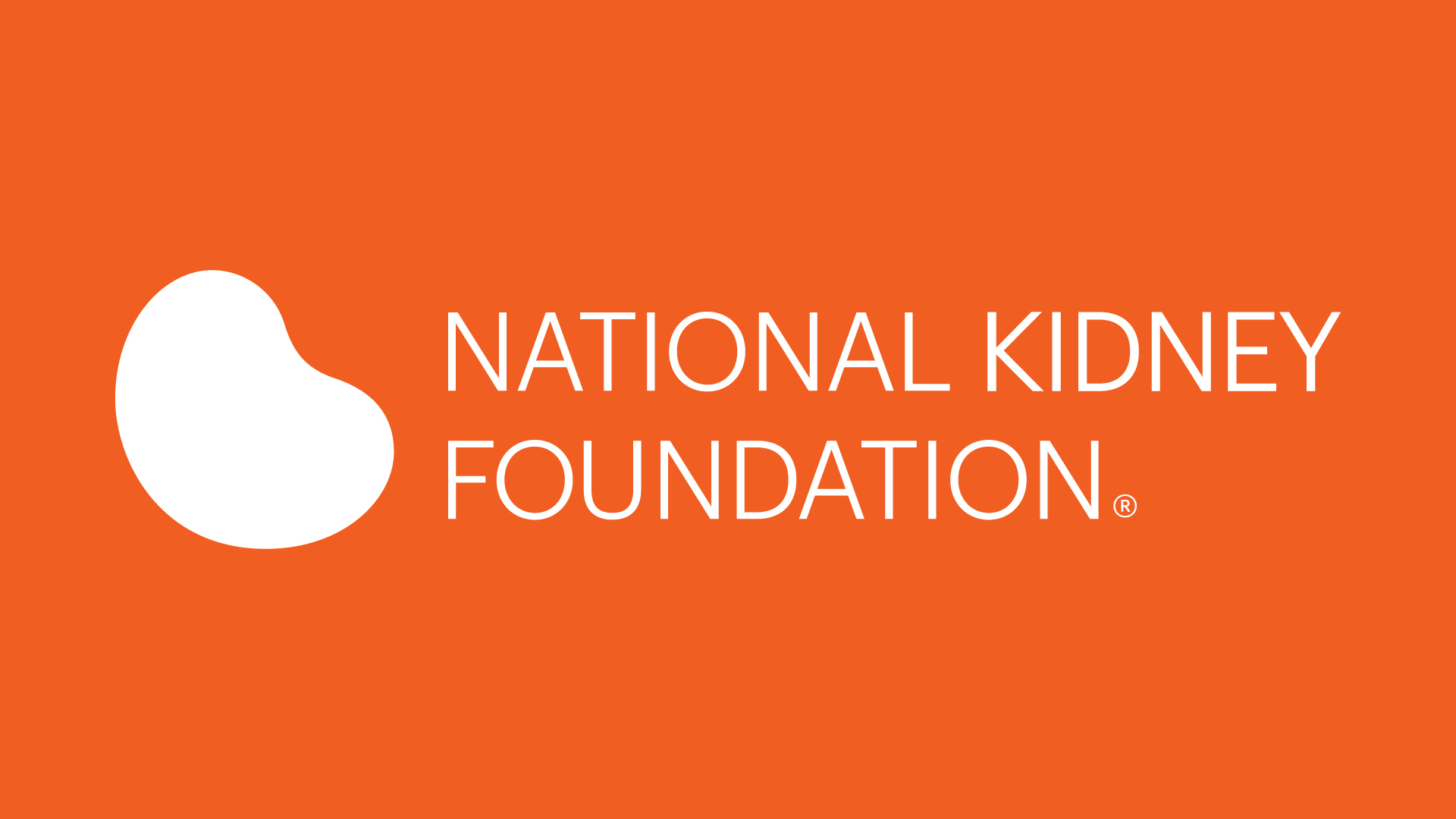unsubscribed
Member
Hi all, thank you for reading.
How much of an effect does dehydration have when it comes to the below elevated markers? I tend not to drink too much water daily. Around 1.5 litres maybe. Probably consume around 1.5 litres of skim milk daily along with some OJ. Fresh fruit, plenty of glycine. 200gms of meat either chicken breast or ground beef. My doc wants me to get an ultra sound on the old kidneys which I will do
Should I lower protein intake? Im a 42 yr old male (can I say that these days??).
Serum 10/01/22 06/03/23
Sodium 142 141 (135-145) mmol/L
Potassium 4.1 4.3 (3.5-5.5) mmol/L
Chloride 108 104 (95-110) mmol/L
Bicarbonate 28 28 (22-32) mmol/L
Anion Gap 10 13 (8-19) mmol/L
Urea 8.6 H 11.2 H (3.2-8.2) mmol/L
Creatinine 128 H 136 H (60-110) umol/L
eGFR 59 L 55 L (> 59)
Urate 0.40 0.34 (0.20-0.45) mmol/L
Total Protein 71 69 (60-80) g/L
Globulin 28 29 (23-39) g/L
Albumin 43 40 (34-50) g/L
Bilirubin 5 9 (< 21) umol/L
Alk. Phosphatase 73 70 (30-110) U/L
Gamma GT 10 9 (< 51) U/L
ALT 13 13 (< 40) U/L
AST 21 15 (< 35) U/L
LD 150 152 (120-250) U/L
Calcium 2.46 2.34 (2.10-2.60) mmol/L
Adj. Calcium 2.40 2.34 (2.10-2.60) mmol/L
Phosphate 1.25 1.03 (0.75-1.50) mmol/L
Status Random Random
Cholesterol 6.2 H 5.4 (< 5.6) mmol/L
Triglyceride 1.9 1.7 (< 2.1) mmol/L
How much of an effect does dehydration have when it comes to the below elevated markers? I tend not to drink too much water daily. Around 1.5 litres maybe. Probably consume around 1.5 litres of skim milk daily along with some OJ. Fresh fruit, plenty of glycine. 200gms of meat either chicken breast or ground beef. My doc wants me to get an ultra sound on the old kidneys which I will do
Should I lower protein intake? Im a 42 yr old male (can I say that these days??).
Serum 10/01/22 06/03/23
Sodium 142 141 (135-145) mmol/L
Potassium 4.1 4.3 (3.5-5.5) mmol/L
Chloride 108 104 (95-110) mmol/L
Bicarbonate 28 28 (22-32) mmol/L
Anion Gap 10 13 (8-19) mmol/L
Urea 8.6 H 11.2 H (3.2-8.2) mmol/L
Creatinine 128 H 136 H (60-110) umol/L
eGFR 59 L 55 L (> 59)
Urate 0.40 0.34 (0.20-0.45) mmol/L
Total Protein 71 69 (60-80) g/L
Globulin 28 29 (23-39) g/L
Albumin 43 40 (34-50) g/L
Bilirubin 5 9 (< 21) umol/L
Alk. Phosphatase 73 70 (30-110) U/L
Gamma GT 10 9 (< 51) U/L
ALT 13 13 (< 40) U/L
AST 21 15 (< 35) U/L
LD 150 152 (120-250) U/L
Calcium 2.46 2.34 (2.10-2.60) mmol/L
Adj. Calcium 2.40 2.34 (2.10-2.60) mmol/L
Phosphate 1.25 1.03 (0.75-1.50) mmol/L
Status Random Random
Cholesterol 6.2 H 5.4 (< 5.6) mmol/L
Triglyceride 1.9 1.7 (< 2.1) mmol/L

